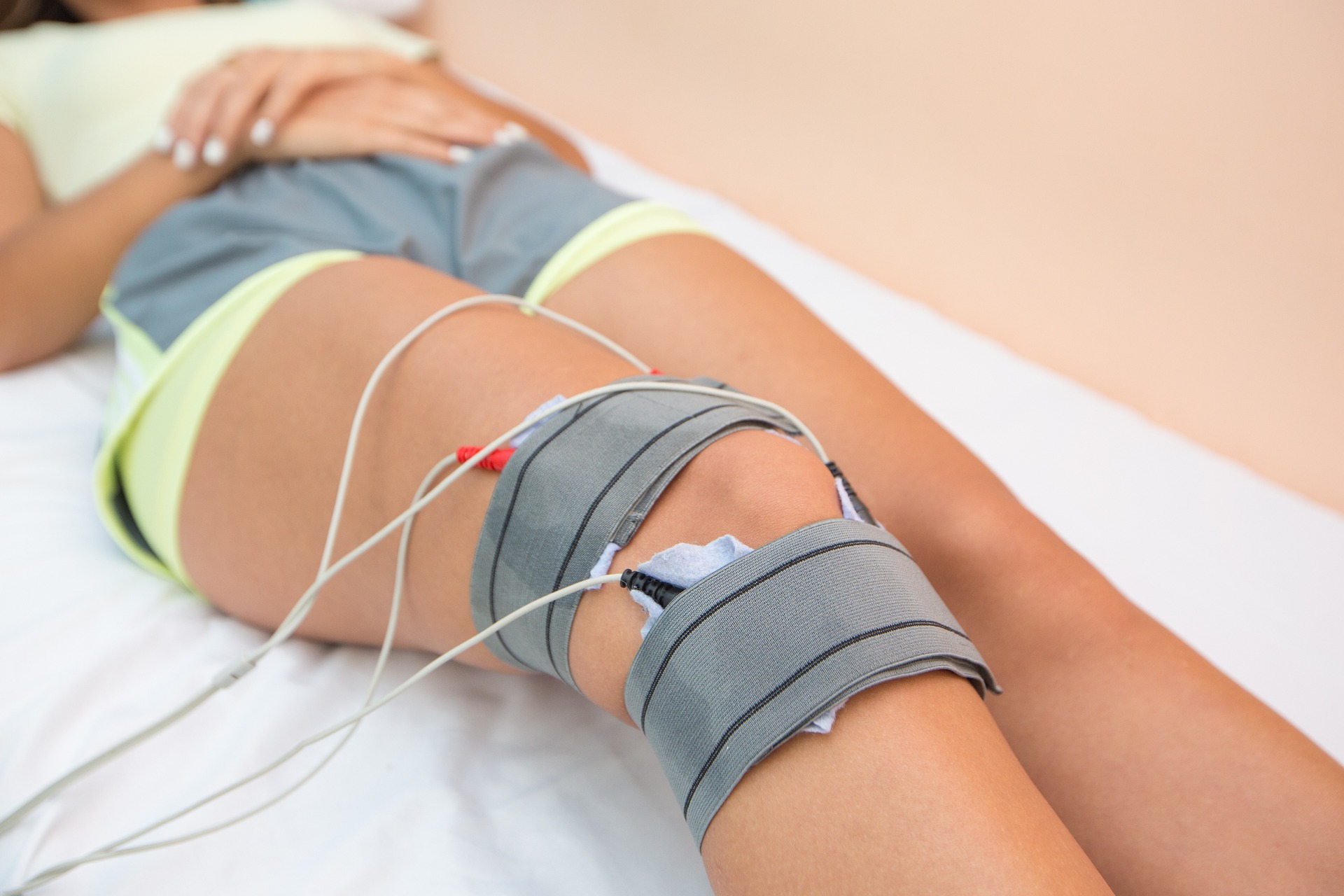ALS Treatment: Understanding Options and Managing Symptoms
ALS care and management involve a combination of medical treatments, physical therapy, assistive devices, and supportive care to maintain quality of life. Coordinated support from healthcare providers, caregivers, and family plays a key role in addressing daily challenges and long-term needs.

How Can ALS Symptoms Be Managed Effectively?
Managing ALS symptoms effectively requires a multifaceted approach tailored to each individual’s needs. Symptom management strategies often include:
-
Medications: FDA-approved drugs like riluzole and edaravone may help slow disease progression and manage specific symptoms.
-
Physical therapy: Regular exercises can help maintain muscle strength, flexibility, and range of motion for as long as possible.
-
Occupational therapy: This helps patients adapt to physical changes and maintain independence in daily activities.
-
Speech therapy: As ALS can affect speech and swallowing, speech therapists can provide techniques and tools to assist with communication and safe eating.
-
Respiratory support: As respiratory muscles weaken, various breathing assistance devices may be recommended to support lung function.
-
Nutritional support: Working with a dietitian can ensure proper nutrition, especially as swallowing difficulties progress.
Effective symptom management often involves coordination between various healthcare professionals to address the diverse challenges posed by ALS.
What Care Strategies Support ALS Treatment Plans?
Supportive care strategies play a vital role in enhancing the effectiveness of ALS treatment plans. These strategies often include:
-
Multidisciplinary care teams: Assembling a team of specialists, including neurologists, pulmonologists, physical therapists, and mental health professionals, ensures comprehensive care.
-
Regular monitoring: Frequent check-ups and assessments help track disease progression and adjust treatment plans accordingly.
-
Assistive devices: Introducing mobility aids, communication devices, and home modifications can significantly improve daily living and independence.
-
Emotional support: Counseling and support groups can help patients and caregivers cope with the emotional challenges of living with ALS.
-
Advanced care planning: Discussing and documenting preferences for future medical care is crucial as the disease progresses.
-
Caregiver education and support: Providing caregivers with the necessary knowledge and resources is essential for sustainable long-term care.
These care strategies work in tandem with medical treatments to provide a holistic approach to ALS management.
What Is the Role of Care in ALS Treatment and Support?
Care plays a central and indispensable role in ALS treatment and support. It encompasses:
-
Symptom management: Caregivers often assist with daily symptom management, including medication administration and physical exercises.
-
Quality of life maintenance: Through emotional support and practical assistance, caregivers help maintain the patient’s quality of life and dignity.
-
Treatment adherence: Caregivers ensure that patients follow prescribed treatment plans and attend necessary medical appointments.
-
Adaptation to changing needs: As ALS progresses, caregivers help adapt the living environment and care routines to meet evolving requirements.
-
Communication facilitation: Caregivers often become crucial in helping patients communicate their needs and wishes, especially as speech becomes affected.
-
Coordination of care: Managing appointments, medications, and communication between various healthcare providers often falls to caregivers.
The role of care extends beyond physical support, encompassing emotional, psychological, and logistical aspects of living with ALS.
What Are the Current Medical Treatments for ALS?
While there is no cure for ALS, several medical treatments aim to slow disease progression and manage symptoms:
-
Riluzole: This medication may extend survival by a few months by reducing glutamate levels in the brain.
-
Edaravone: Administered intravenously, this drug may slow the decline in daily functioning for some ALS patients.
-
Nuedexta: This drug combination can help manage pseudobulbar affect, a condition causing involuntary laughing or crying.
-
Experimental treatments: Clinical trials continually explore new potential therapies, offering hope for future treatment options.
-
Symptomatic treatments: Various medications may be prescribed to manage specific symptoms like muscle cramps, spasticity, and excessive saliva production.
It’s important to note that the effectiveness of these treatments can vary among individuals, and ongoing research continues to explore new therapeutic avenues.
How Can Patients and Families Prepare for Living with ALS?
Preparing for life with ALS involves several key steps:
-
Education: Learning about ALS, its progression, and available resources is crucial for patients and families.
-
Home modifications: Adapting the living space for accessibility and safety is often necessary as mobility decreases.
-
Financial planning: Understanding insurance coverage and planning for potential long-term care needs is important.
-
Legal preparations: Creating advance directives and designating a healthcare proxy can ensure wishes are respected.
-
Building a support network: Connecting with ALS support groups and organizations can provide valuable emotional support and practical advice.
-
Exploring assistive technologies: Familiarizing oneself with communication devices and adaptive equipment can help maintain independence longer.
Proactive preparation can significantly improve the quality of life for both patients and caregivers as they navigate the challenges of ALS.
In conclusion, while ALS remains a challenging condition, a combination of medical treatments, effective symptom management, and comprehensive care strategies can significantly impact the lives of those affected. The role of care, both professional and personal, is paramount in supporting ALS treatment plans and maintaining quality of life. As research continues, hope remains for more effective treatments and, ultimately, a cure for ALS.
This article is for informational purposes only and should not be considered medical advice. Please consult a qualified healthcare professional for personalized guidance and treatment.




